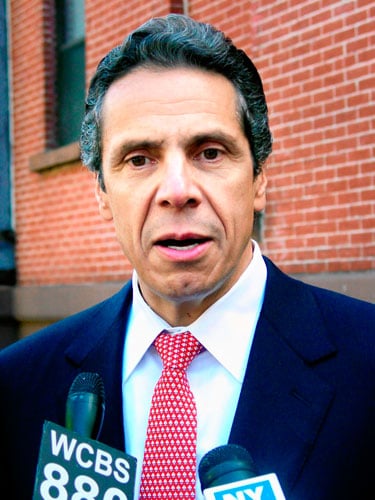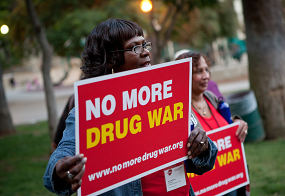State lawmakers are looking to medical marijuana to help combat the epidemic of opioid addiction.
Legislation introduced this month in both the Senate and Assembly would expand the legal uses of medical marijuana in New York to include opioid addiction treatment.
“We have an opioid crisis and people are dying and this may be a path to keep people from dying and keep them from relapsing,” said Assemblyman Daniel O’Donnell (D-Manhattan), who introduced the measure. O’Donnell and other supporters of the bill say medical marijuana can be an effective weapon against many symptoms recovering addicts experience, including nausea and anxiety.
It also poses less risk than existing opioid-based treatments such as methadone or Vivitrol, they said.
“Far from being a gateway drug, marijuana is potentially an exit drug for people using opioids,” said Melissa Moore, deputy state director of the Drug Policy Alliance, which supports the bill.
Moore said there is a growing amount of research showing access to marijuana reduces incidents of opioid-related deaths and addiction relapses.
Currently, medical marijuana is legal in New York for only a handful of serious ailments and conditions, including cancer, HIV and AIDS, Lou Gehrig’s, Parkinson’s and Huntington’s diseases, epilepsy, multiple sclerosis and some spinal injuries. In November, Gov. Cuomo signed a bill allowing the drug to be used to treat post-traumatic stress disorder. O’Donnell’s legislation would add opioid use disorder to the list.
The Assembly Health Committee approved the bill 23-1 on Tuesday. The legislation has gained a key Senate backer — Staten Island Sen. Diane Savino, who sponsored the 2014 law that legalized medical marijuana in New York.
Savino, a member of the Senate’s influential Independent Democratic Conference, said she is hopeful the bill can be approved before the Legislature’s session ends in June.
“If we can find a way to help people have productive lives after they’ve been exposed to the horror of addiction, why would we stand in the way?” Savino said.
Senate Health Committee Chairman Kemp Hannon (R-Nassau County) did not rule out supporting the measure but said he needs more information about how the drug would be used and the impact it might have before deciding how to proceed.
“I am sure that this is something that will develop as we move along,” Hannon said.
credit:420intel.com












